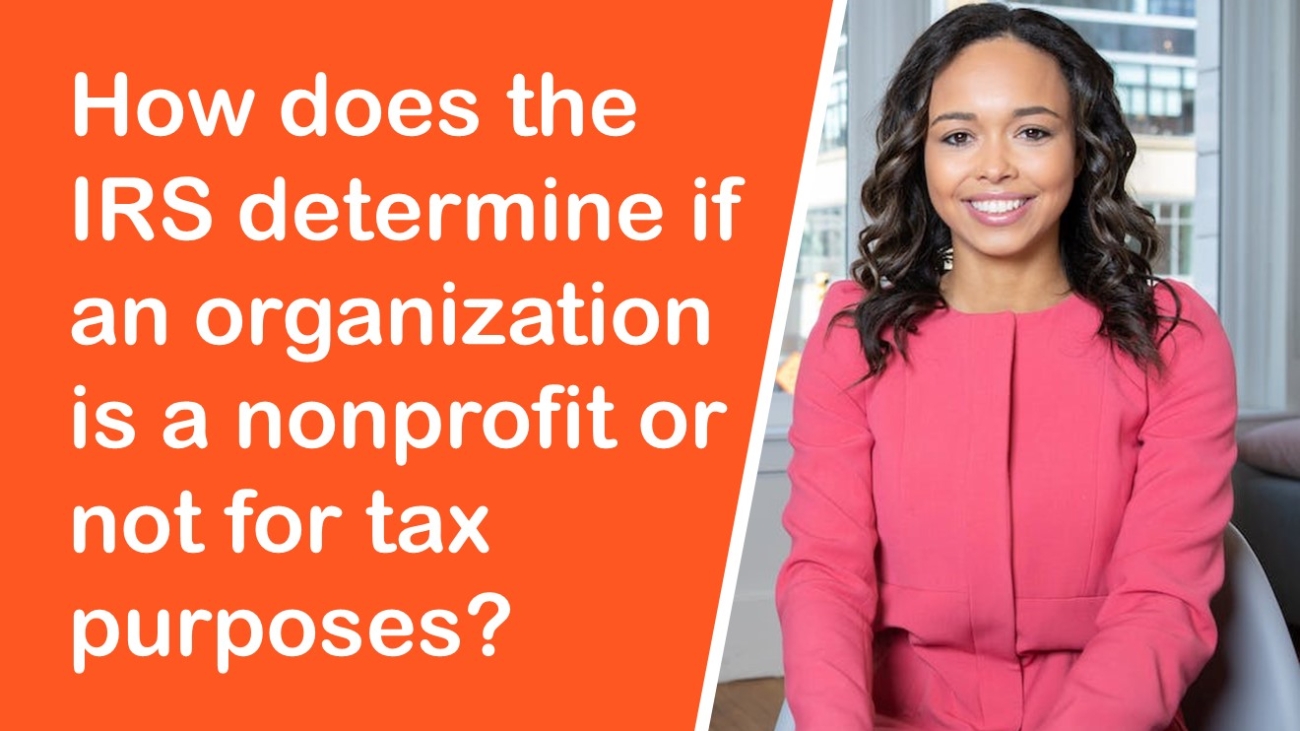There are a few different things to consider when choosing a bank for your US LLC. The first is whether you want a national or local bank. Local banks may have more experience working with businesses in your area, and may be more familiar with the regulations and requirements for LLCs. However, national banks may offer more resources and support for businesses of all sizes.
Another thing to consider is what type of services you need from your bank. If you plan to accept credit cards, for example, you’ll need to make sure that your bank offers merchant services. You’ll also want to consider whether you need any special features, like online banking or mobile deposit.
Finally, you’ll want to compare fees and account minimums between different banks. Some banks may charge higher fees for LLCs, so it’s important to compare options before making a decision.
There’s no one-size-fits-all answer to this question, as the best bank for your LLC will depend on your specific needs and preferences. However, by doing some research and comparing different banks, you can find the option that’s right for your business.










